Interstitial Cystitis: Understanding Symptoms, Causes, Diagnosis, And Treatment
Interstitial cystitis affects millions of individuals worldwide. It is a chronic medical disorder that affects the bladder and surrounding pelvic area in the human body. It can cause continuous discomfort and pain in the bladder area, that is frequently accompanied by an urgent need to urinate. This condition can significantly impact one's quality of life and requires proper understanding and management to alleviate its effects.
INTERSTITIAL CYSTITIS: SYMPTOMS
People experience the following symptoms from Interstitial Cystitis:
-
Chronic Pelvic discomfort: Interstitial Cystitis patients may have constant pelvic discomfort in the pelvic area, lower abdomen, or perineum, this pain may range from mild discomfort to severe agony and can be intermittent or continuous.
-
Frequent Urination: Those affected often experience an intensified urge to urinate. It affects sleep patterns with repeated overnight toilet visits.
-
Painful Urination: Patients may experience pain or a burning sensation while urinating, which can be distressing.
-
Bladder Pressure and Fullness: In addition to frequent urine, there is a strong and often uncontrollable need to run to the toilet to alleviate bladder pressure.
-
Foods and Beverages: Certain foods and beverages, like caffeine, alcohol, spicy foods, and acidic substances, might worsen the symptoms of interstitial cystitis.
INTERSTITIAL CYSTITIS: CAUSES
The following common causes play a vital role in leading the symptoms of Interstitial Cystitis among individuals:
-
Genetic Influence: There is evidence to show that certain genetic factors could make a person more likely to get this condition.
-
Bladder Lining Problems: The real cause of interstitial cystitis is not clear. But some experts think that issues with the bladder lining can cause inflammation and pain.
-
Immune System Issues: Some studies suggest that an abnormal immune response might start and keep the condition going.
-
Nerve-related Factors: Disruptions in the signals between the bladder and brain may make people more sensitive to pain and feel the need to urinate urgently.
-
Chronic Inflammation: Long-lasting inflammation in the bladder wall can be part of why interstitial cystitis develops..
INTERSTITIAL CYSTITIS: DIAGNOSIS AND TREATMENT
Medical professionals diagnose patients with Interstitial Cystitis and cure the same with the following treatment approaches:
-
Physical Examination: A pelvic exam is often conducted to assess the bladder and pelvic area for signs of inflammation or abnormalities.
-
Thorough Medical History: A comprehensive medical history is crucial in identifying potential risk factors and ruling out other conditions with similar symptoms.
-
Urinal analysis: A urine sample may be analyzed to exclude urinary tract infections and other conditions.
-
Cystoscopy: A cystoscope is used to examine the bladder's interior which allows the doctor to visualize any signs of inflammation or defects in the bladder lining.
-
Treatment Approaches: There is no definitive cure for interstitial cystitis. But there are various treatments that can help manage symptoms, including lifestyle changes, dietary modifications, physical therapy, medications to alleviate pain and inflammation, nerve stimulation, and bladder instillations.
Early diagnosis and a tailored treatment plan are essential in effectively managing this chronic condition, allowing individuals to reclaim their lives and minimize its impact on daily activities. You can seek professional medical advice and support, which is crucial for the management of interstitial cystitis. Any patient with Interstitial Cystitis can take the first steps towards finding the most suitable strategies to alleviate symptoms and lead a fulfilling life. Consult the top urologist in Haryana at SS Kidney and Urology Hospital in Rewari.

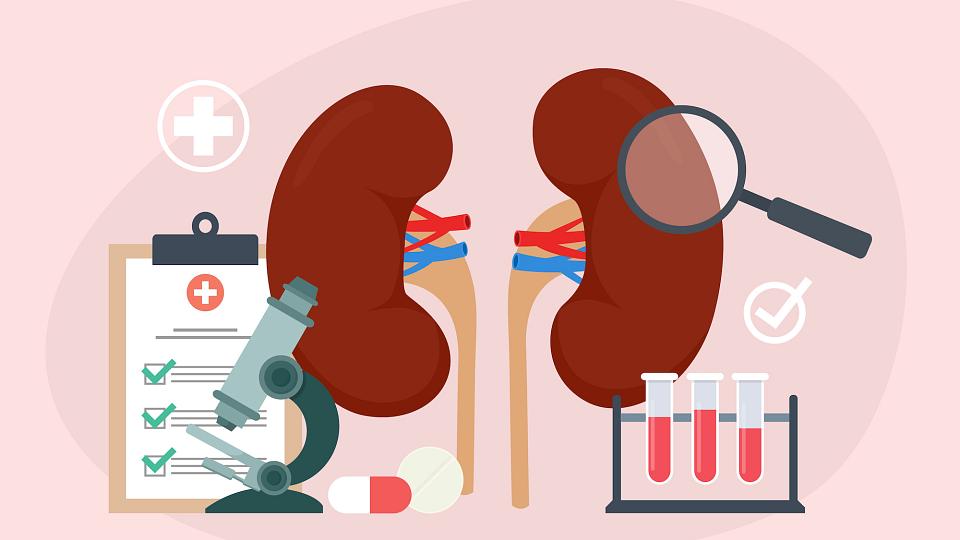


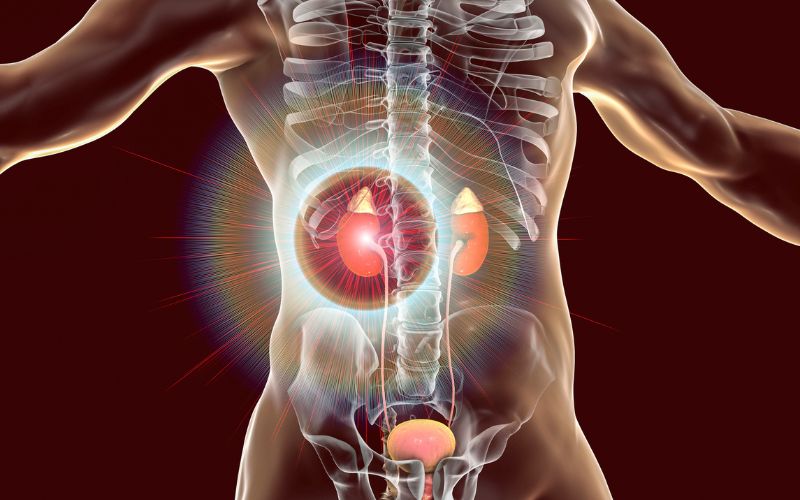
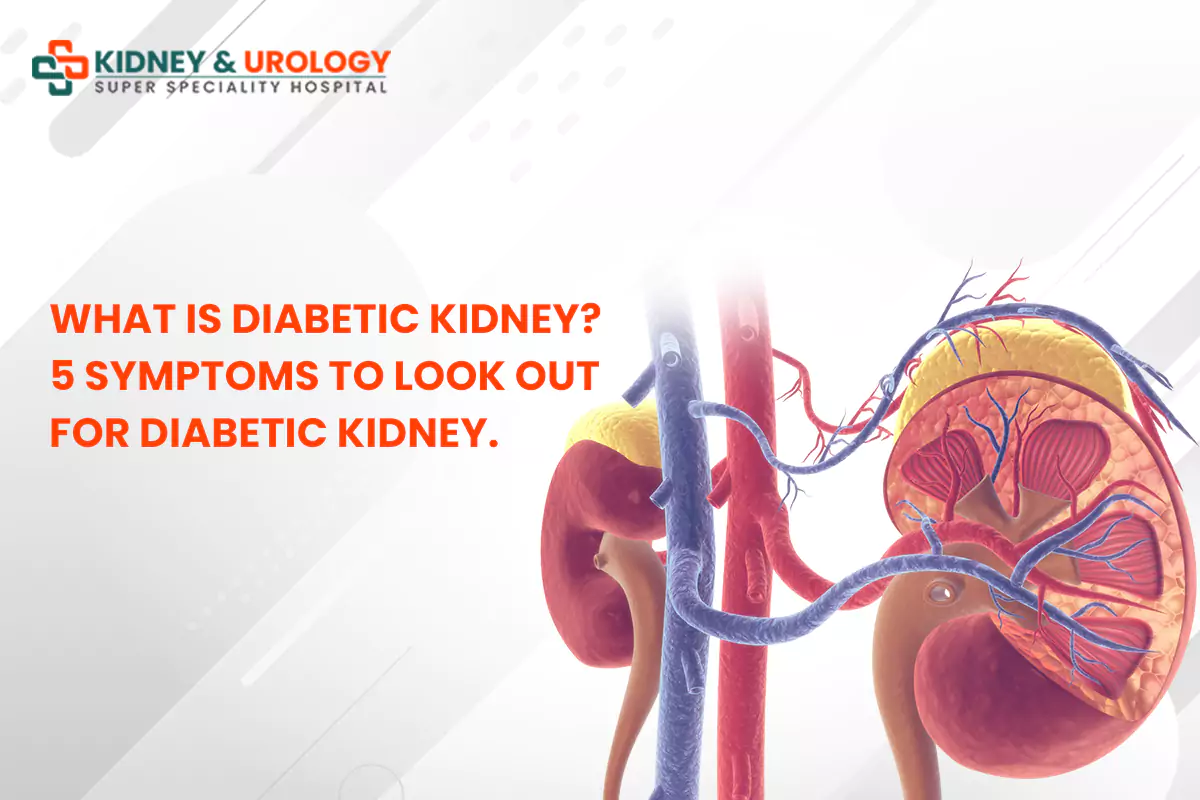
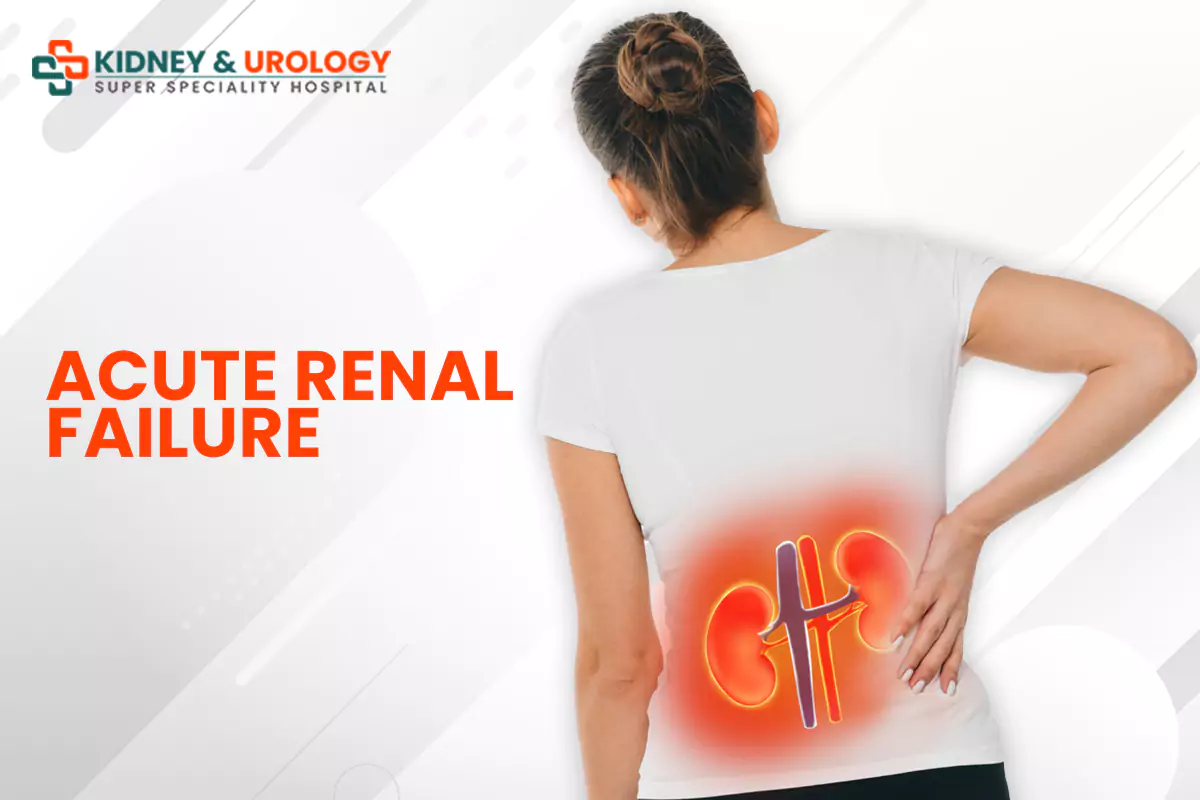
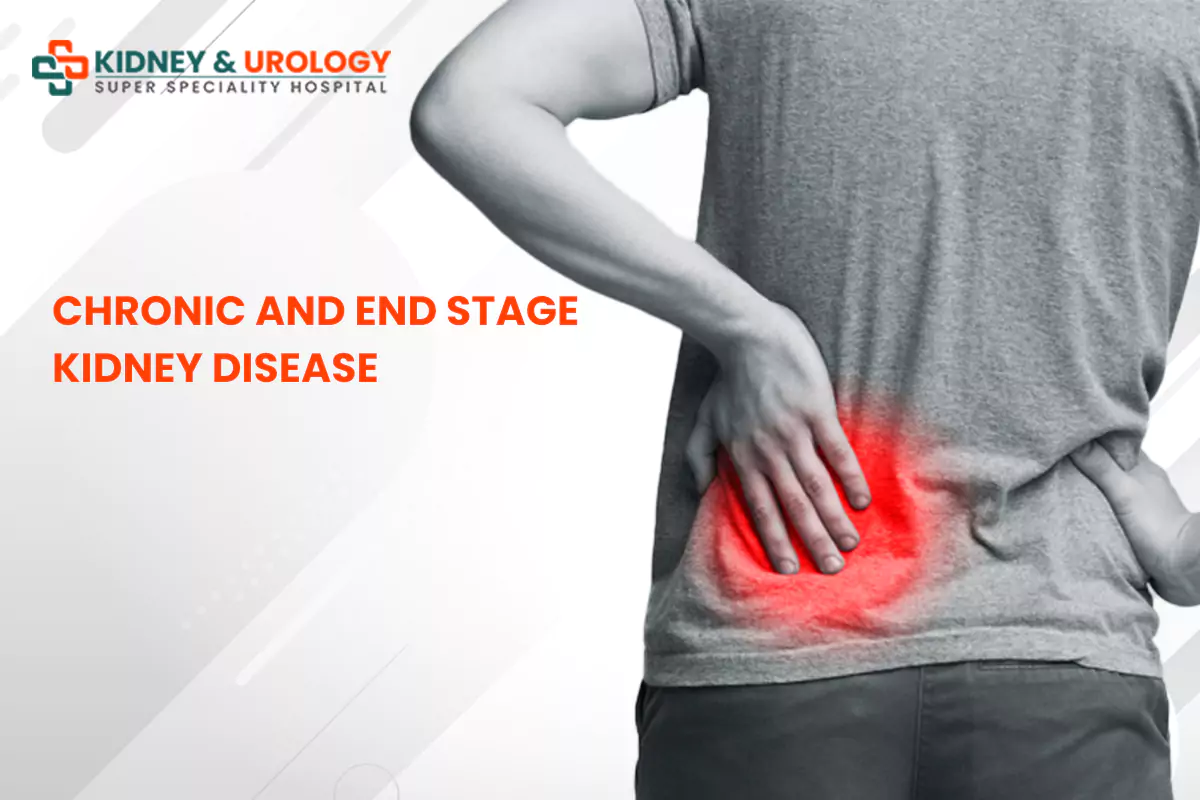

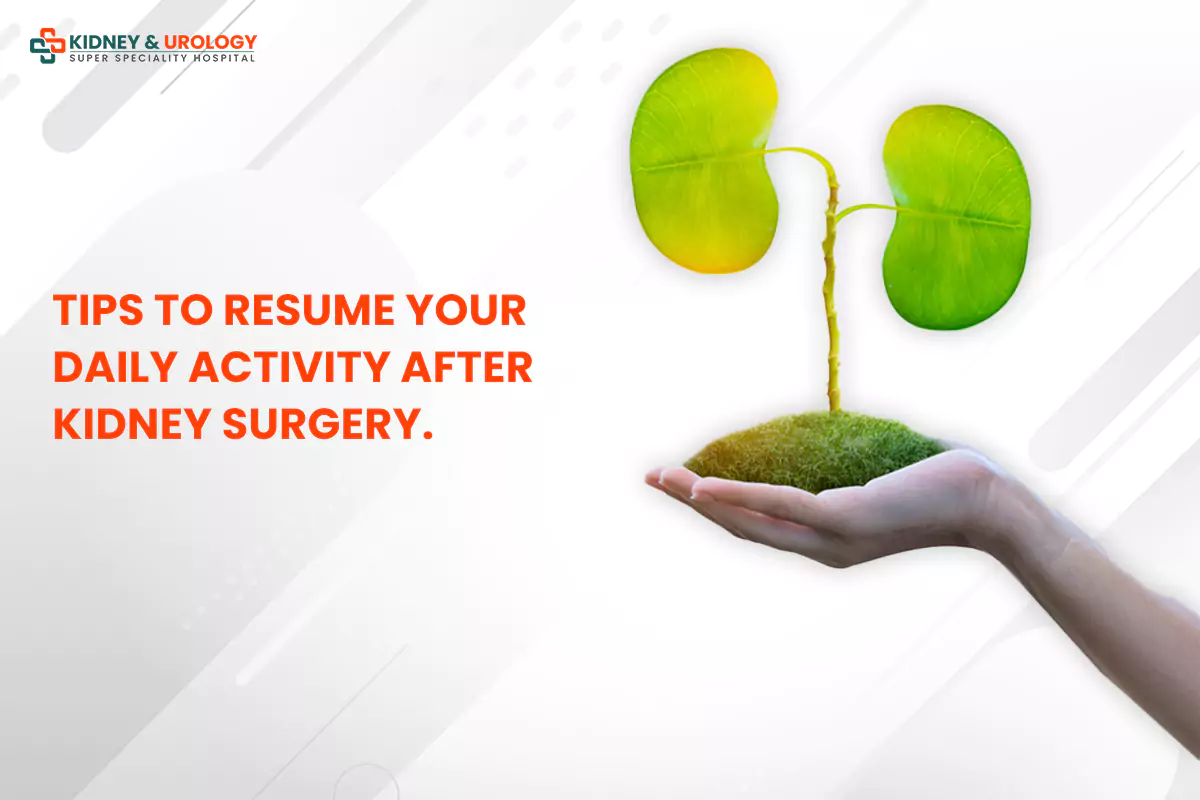




Request A Callback